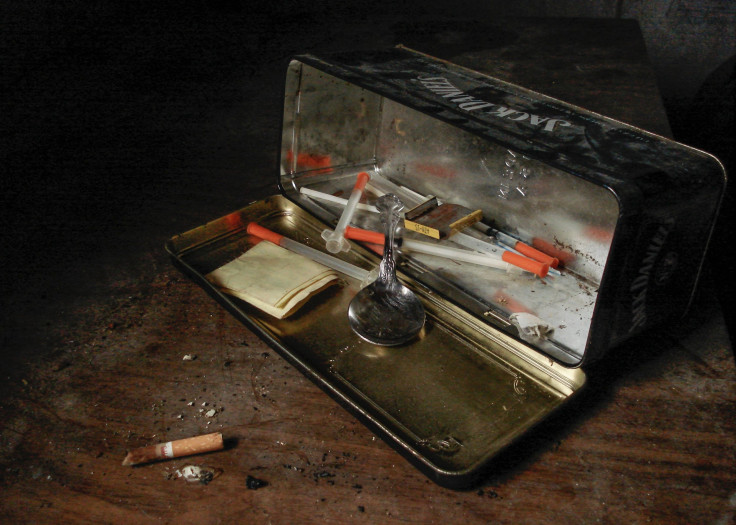A constant feeling of doom lurks over those, who’re on the lookout for ways to abort or terminate unwanted pregnancies in Venezuela.
“Being able to choose about our health, our life and our bodies is a human right that’s under attack in Venezuela – whether because there is no access to it, or because of the punishment and discrimination that comes with pursuing it,” said Vivian Díaz, manager of Amnesty International Venezuela.
The country, which currently has one of the most restrictive abortion policies of Latin America, renders abortion illegal— if not impossible.
The 1926 law banning the procedure has been modified just once, with a 2006 reform allowing an abortion if the woman’s life is in danger, as reported in The Guardian. What’s more, the penal code still contains a clause reducing the penalty “if the author of the abortion commits it to save his or his mother, wife or children’s honor”.
The rigid norms have attracted scammers to make hay while the sun shines. The dealers converse in code words and sell their products to harrowed customers in a price bracket that ranges from $10-$100 a pill.
“This has been happening for at least three or four years,” said a member of a Venezuelan pro-choice NGO who spoke on the condition of anonymity to the media outlet. “Most of the vendors are either drug dealers or healthcare workers that take them from hospitals,” added the member.
Law enforcement officials have brought forth laws that can land a woman attempting abortion in jail, in an attempt to invoke fear among those who’d dare to terminate pregnancies. Feminist and non-profit organizations who work toward helping women command reproductive rights have also been on the receiving end of constant threats in a bid to dissuade them from bringing forth any reform in this regard.
Aside from there being a dearth of common birth control methods, some of the other problems include having little or no access to sexual education and safe sex.

© 2025 Latin Times. All rights reserved. Do not reproduce without permission.




